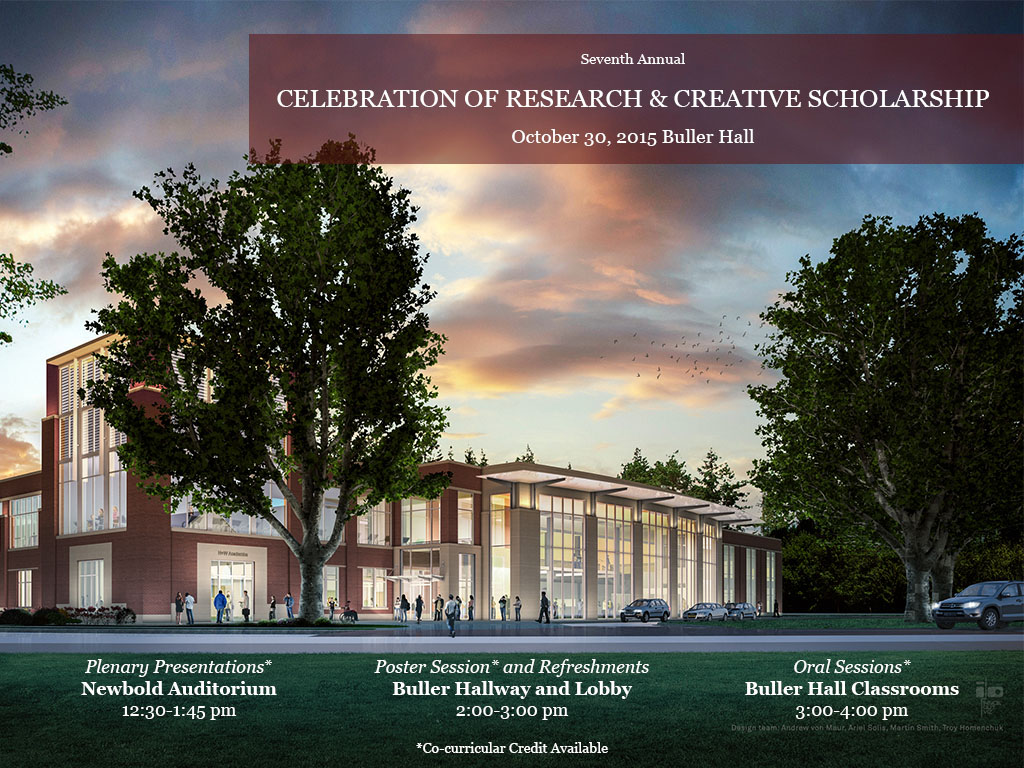Presentation Title
P-12 Quantifying Sight: Methods for Studying Eye Movement Patterns While Viewing Paintings
Presenter Status
Professor, Behavioral Sciences Department
Second Presenter Status
Professor, Behavioral Sciences Department
Preferred Session
Poster Session
Start Date
30-10-2015 2:00 PM
End Date
30-10-2015 3:00 PM
Presentation Abstract
In most settings, people move their eyes two or more time each second in order to continually gather high-quality, detailed information from the visual world. Because of the relatively constrained area of high acuity vision, it is possible to use gaze location to infer where information is being gathered moment-by-moment. As such, the eye movement record is a rich data set, including the coordinates of gaze locations, the duration of fixation events, the relative angle of successive eye movements, and the sequence of eye movements specific to a particular viewing session. However, much of this richness is currently discarded in the analysis process. We report on a number of methods that are used to examine complex and sequential data in other disciplines that may be of use in the analysis of eye movements.
P-12 Quantifying Sight: Methods for Studying Eye Movement Patterns While Viewing Paintings
In most settings, people move their eyes two or more time each second in order to continually gather high-quality, detailed information from the visual world. Because of the relatively constrained area of high acuity vision, it is possible to use gaze location to infer where information is being gathered moment-by-moment. As such, the eye movement record is a rich data set, including the coordinates of gaze locations, the duration of fixation events, the relative angle of successive eye movements, and the sequence of eye movements specific to a particular viewing session. However, much of this richness is currently discarded in the analysis process. We report on a number of methods that are used to examine complex and sequential data in other disciplines that may be of use in the analysis of eye movements.



